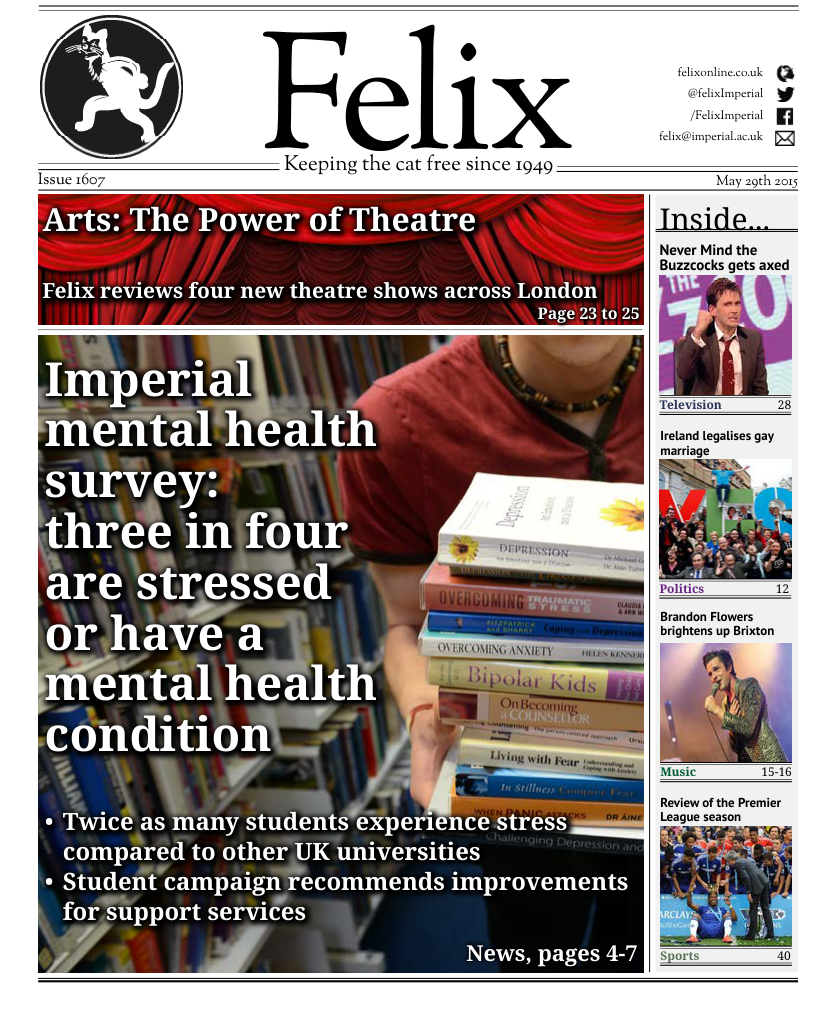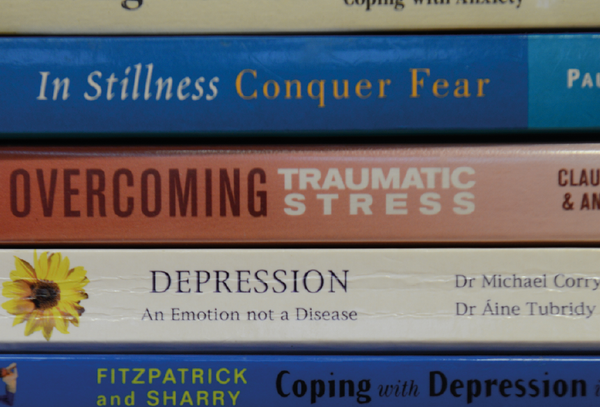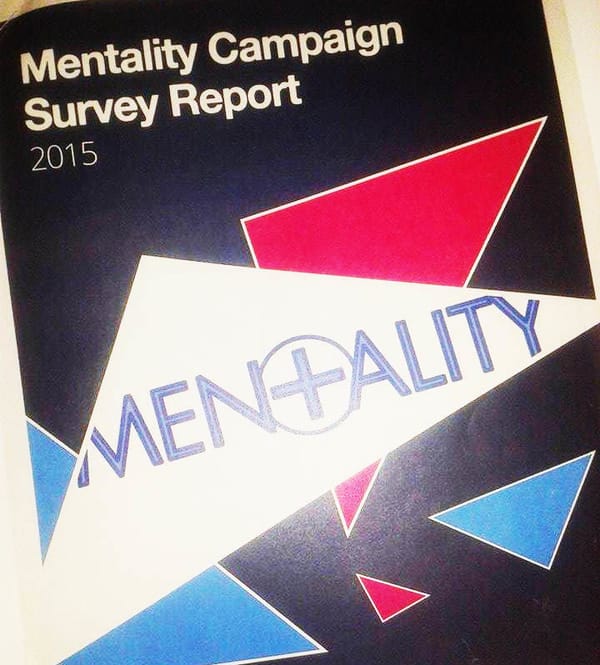Imperial drops three places in Guardian 2016 University guide
Cecily Johnson rounds up the various league tables from the last year

This week Imperial College London dropped three places in the Guardian’s 2016 University Guide, taking eighth place out of 119 Universities.
The University of Cambridge came top of the table for the fifth year in a row. In second place again was the University of Oxford, followed by St Andrews in third.
The Universities of Surrey, Bath, Durham, Warwick, Exeter and Lancaster made up the rest of this year’s top ten.
The league table, which ranks institutions offering undergraduate degrees in the UK, is known to place more weighting on student satisfaction and less on research than other similar tables.
Compared to the rest of the top ten, Imperial had the lowest score in all three student satisfaction ratings –overall course satisfaction, the quality of teaching and feedback received.
However in the category ‘Career after 6 months’, Imperial was awarded top marks. Imperial’s average UCAS entry tariff was also amongst the highest on the table, behind only Oxford and Cambridge.
Breaking the Guardian’s guide down to individual subjects, Imperial was top in the UK for Mathematics, Mechanical Engineering (joint with Leeds), Civil Engineering and Earth Sciences.
Imperial were second for Chemical Engineering and Materials Science, fourth for Electronic and Electrical Engineering and fifth for Computer Sciences. Medicine and Physics managed eighth place while Chemistry were tenth.
Finally, Imperial took the 23rd place for Biosciences, despite achieving third place on The Complete University Guide’s version of the tables.
Imperial achieved fourth place overall on The Complete University Guide, gaining two places from the previous year. Cambridge topped the list with Oxford and St Andrews taking the second and third places.
In terms of subjects, Imperial were in second place for Computer Science, Earth Sciences, Chemical Engineering, Civil Engineering, Electronic and Electrical Engineering, Materials Sciences and Mechanical Engineering.
Imperial were third in the UK for Physics and Mathematics, fourth for Chemistry and fifth for Medicine. The Complete University Guide ranking criteria doesn’t put as much emphasis on student satisfaction.
The Times Good University Guide also placed Imperial fourth overall in the UK, this time behind Cambridge, Oxford and London School of Economics.
In terms of worldwide rankings, this year Imperial was ranked ninth overall in the Times Higher Education World University Rankings, up from tenth last year.
Imperial College was ranked fourth in the world for clinical, pre-clinical and health subjects and sixth for engineering and technology. For life sciences Imperial was tenth and physical sciences twelfth this year.
Imperial also achieved 14th place in the Times Higher Education World Reputation Rankings, down one place from 13th in the previous year.
Only three UK universities made the top 20 on these Times Higher Education rankings – the Universities of Cambridge and Oxford, and Imperial College London.
The World University Rankings are determined by studying performance indicators in five areas: teaching (30%), research (30%), citations (30%), industry income (2.5%) and international outlook (7.5%).
The Guardian University Guide breaks their scores down into a different set of indicators: teaching (10%), assessment and feedback (10%), overall student satisfaction (5%), the student-staff ratio (16.25%), expenditure per student (10%), entry scores (16.25%) and career prospects (16.25%).
The last 16.25% is made up of ‘value added scores’, which compare the average entry grades of students on enrolment to their final awarded grade when they graduate, reflecting how difficult it is to get a good degree.
Data is collected from the institutions themselves. The UK rankings tend to also use information from the National Student Survey to gauge the level of student satisfaction.
The National Student Survey takes place annually, assessing the opinions of all final year undergraduate students at institutions in England, Wales and Northern Ireland.
Collecting data via questionnaire, the survey covers the quality of teaching, resources, assessment and feedback; the level of academic support available; and organisation and management at the university.
The data are analysed and an overall student satisfaction mark awarded. Imperial tends to perform poorly in comparison with other top universities in the UK.
Information gathered by Times Higher Education while compiling the tables has been used to determine that only 28 of the world’s top 201 universities are currently run by women.
Under President Alice Gast, Imperial College London is among this mere 14% of institutions that are female-led. Nearly half of these universities are located in the United States.










